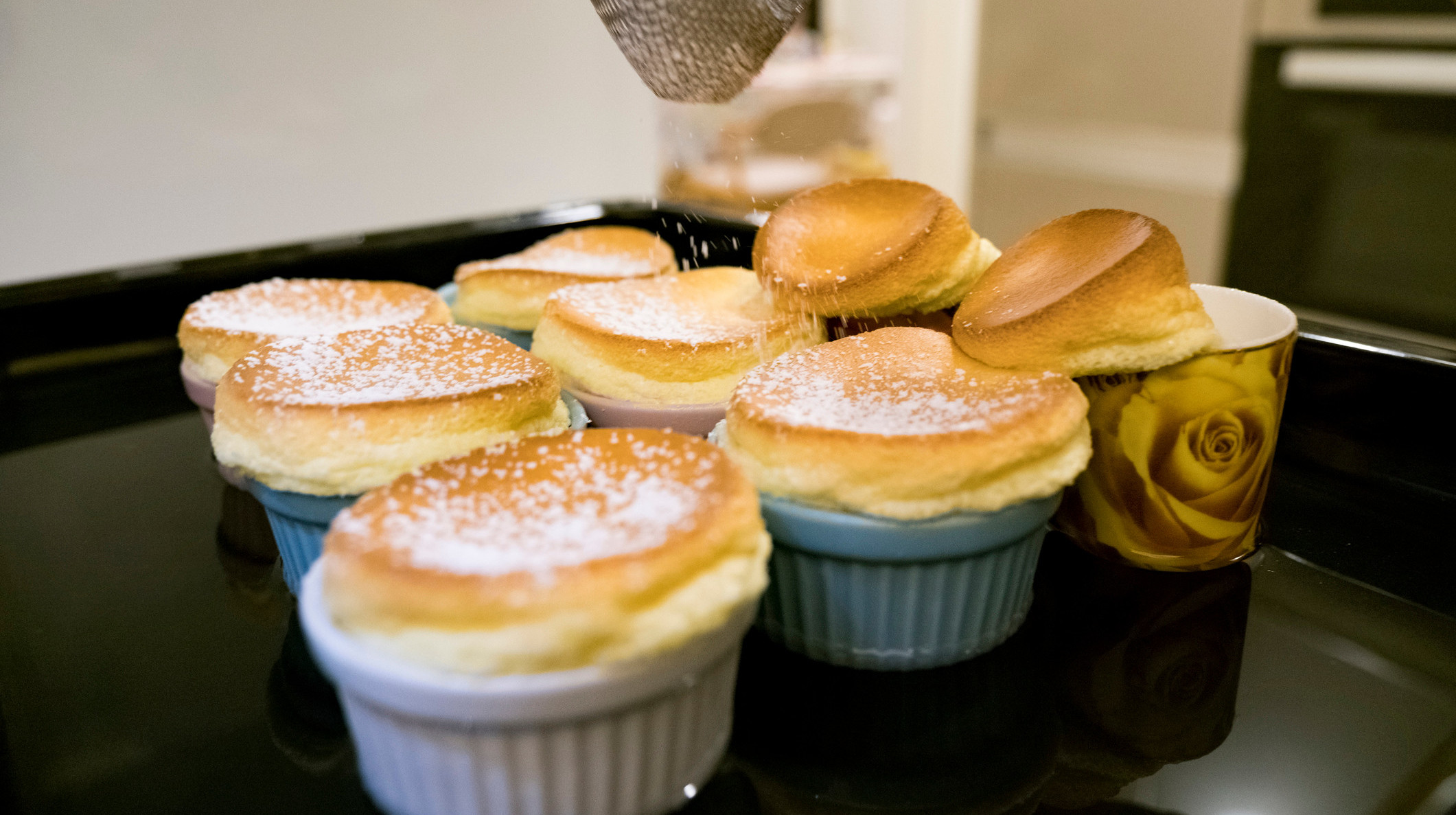Mathematician Earns $3 Million Prize For His Work On... Soufflé?
We may receive a commission on purchases made from links.
No prize in mathematics is more prestigious than the Fields Medal, and no prize in general is more widely recognized than the Nobel. But no prize is larger than the annual Breakthrough Prize, and this year's mathematics recipient is Martin Hairer, a Fields medalist who is taking home a cool $3 million for his work on...making soufflés and adding milk to tea.
So, okay, that's not actually what he won the award for. But Hairer's work on "stochastic analysis"—a branch of mathematics that explains how seemingly random motion can be accurately described using equations—is most easily illustrated by food-based examples, like how milk and cheese disperse within a baked soufflé. This YouTube video features his surprisingly grounded explanation of how high-level math can be seen in the simple act of pouring milk into a cup of tea.
"Take a cup of tea," Hairer says in the video. "Pour some milk into it and stir it around... now you're going to see some random pattern of the milk in your tea, and you can ask when the milk is going to mix. After a while, the milk is just going to be evenly spread in your cup of tea, and you can ask yourself: how fast?"
If you're wondering why exactly this is important, well, it's actually sort of hard to say—and that's almost the point. The Breakthrough Prize is designed to highlight groundbreaking work that doesn't necessarily have concrete applications yet. But in recent years, the application of science within the food world has become increasingly important. This can range from the fussy, expensive molecular gastronomy at high-end restaurants, to the far more accessible work of cooks and writers like J. Kenji López-Alt (author of The Food Lab) and Nik Sharma, whose upcoming book The Flavor Equation discusses the application of science within home cooking and how our use of different flavors can stir our emotions.
Hairer's mathematical work might seem pretty far out there—one of his colleagues said that "The theory must have been a dispatch from aliens"—but soufflés are pretty important, you guys, and understanding the math that powers them isn't a bad thing.
